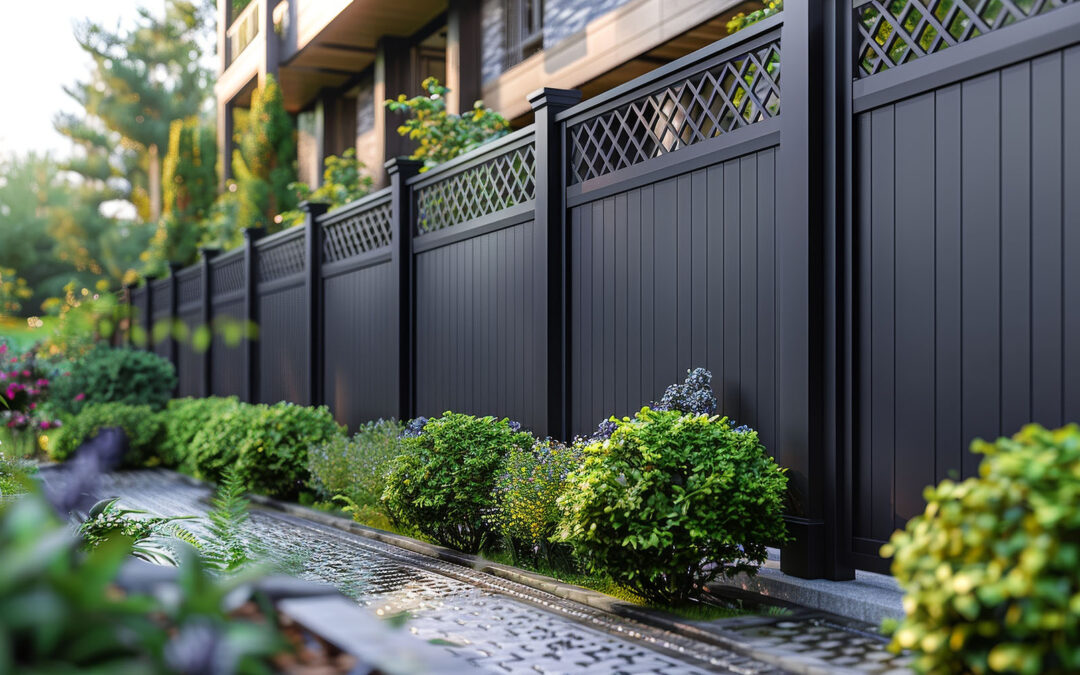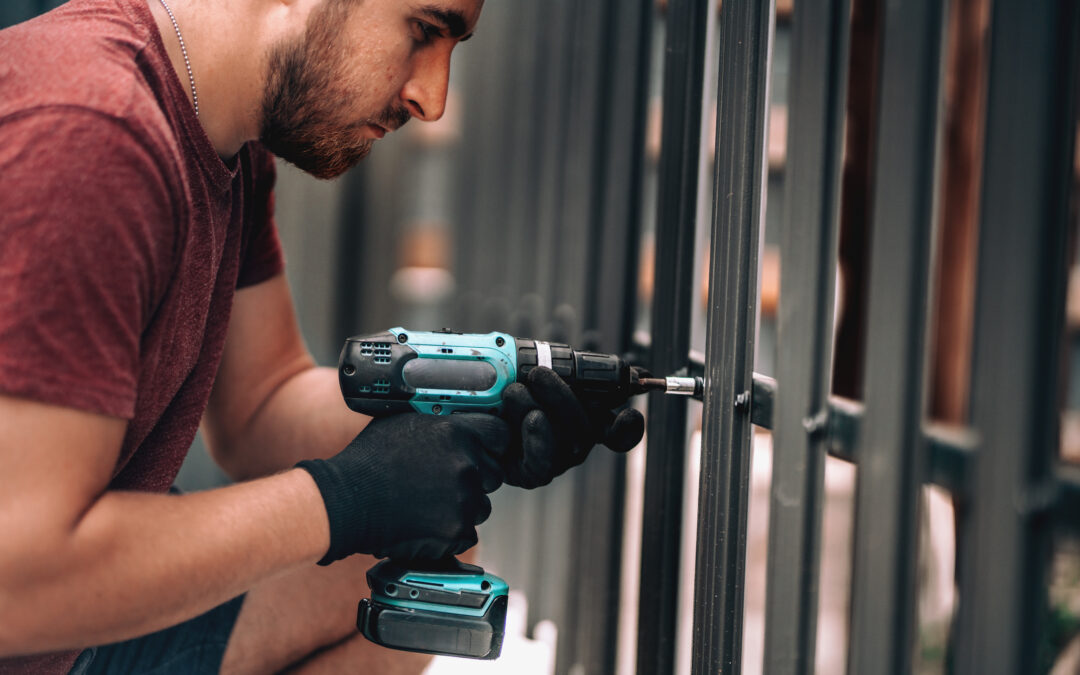Understanding Different Types of Fencing Materials
When selecting the right fence for your property, it's essential to understand the various materials available. Common options include wood, vinyl, aluminum, and chain-link, each offering unique benefits and drawbacks. For instance, wooden fences provide a classic aesthetic but require regular maintenance, while vinyl fences are low-maintenance and durable.
Moreover, the choice of material can significantly affect the overall cost and longevity of the fence. Aluminum fencing is lightweight and resistant to rust, making it an excellent choice for coastal areas in Florida. Conversely, chain-link fencing is economical and provides security without obstructing views, making it suitable for larger properties.
Essential Tips for Maintaining Your Fence
Regular maintenance is crucial for extending the lifespan of your fence. Depending on the material, maintenance tasks can vary significantly. For wooden fences, periodic staining or sealing is recommended to protect against moisture and pests, while vinyl fences may only need occasional cleaning with soap and water.
In Florida's humid climate, it's particularly important to check for signs of wear, such as rot in wood or fading in vinyl. Additionally, inspecting the fence for loose panels or rusted hardware can prevent more significant repairs down the line, ensuring your fence remains both functional and attractive.
Enhancing Your Outdoor Space with Fencing
Fencing can do more than just provide a boundary; it can enhance the overall aesthetics of your outdoor space. Creative landscaping and decorative elements, such as climbing plants or fairy lights, can transform a simple fence into a stunning focal point in your yard.
Incorporating features like trellises or lattice panels can also add visual interest while providing privacy. Homeowners can explore various design ideas that complement their home’s architecture and landscaping, creating a cohesive look that elevates their property’s curb appeal.
Cost Considerations for Fence Installation
Understanding the costs associated with fence installation is vital for homeowners planning a project. Factors such as material choice, fence height, and the complexity of the installation can all influence the overall price. For instance, while wood may be less expensive upfront, its maintenance costs can add up over time compared to more durable options like vinyl or aluminum.
Additionally, homeowners should consider whether to hire a professional installer or tackle the project themselves. While DIY installation can save money, it’s essential to weigh the potential risks and challenges, especially in Florida's unique climate conditions, which may require specialized knowledge for proper installation.





